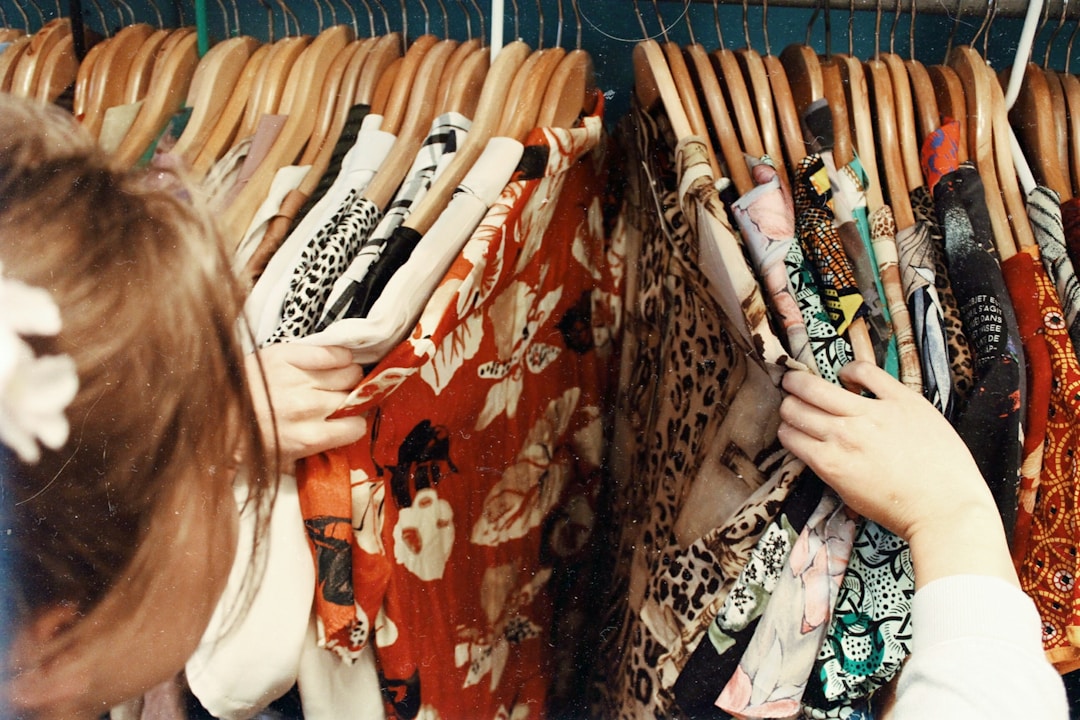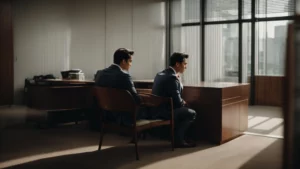Whatever it is that stresses you out, there’s a good chance you’re looking to your shopping cart to relieve that stress at least some of the time. Maybe you have the best psychologist in Washington DC but find yourself scrolling through online stores at the first sign of stress between sessions. Maybe you don’t have access to therapy or counseling and self-treat with a DIY remedy—and that just happens to involve a few shopping bags. It’s possible you don’t even realize you‘re using this coping mechanism! Nevertheless, it’s a prevalent phenomenon.
The question, then, is not whether you use retail therapy personally, or if you realize it when you do. Instead, does retail therapy actually work?
Retail Therapy Described

In the simplest sense, retail therapy is the process of shopping to feel better. More than half of Americans admit that they take advantage of retail therapy, so there’s no denying its prevalence. While it isn’t a formally recognized type of therapy, people typically know what you mean when you refer to treating yourself to some retail therapy—essentially, you’re shopping for the sake of your mental health.
The Psychology of Retail Therapy

Retail therapy might not be considered an official type of therapy, but it has received some research nevertheless. Studies have shown that shopping really does offer an emotional boost.
More specifically, therapeutic shoppers can find their emotional boost thanks to the sense of control and emotional stimulation that their purchases provide. On the one hand, many mental health issues stem in part from feeling like you lack control over an aspect of your life (or your life overall). While shopping, you have the final say in what you buy and can ensure you get something you want, no matter how bad of a day you’ve had. If you see a nice pair of jeans on sale, you can have them in your online or in-person cart in a moment
On the other hand, retail therapy can offer a degree of sensory stimulation that’s otherwise hard to come by when you’re going through a difficult time. A mental health condition such as apathy or depression, for example, can make it a challenge to feel strong feelings, especially of the positive sort. Shopping, however, is an experience that’s curated by store owners to be exciting.
From the brightness of fluorescent lights to the colors and products lining the shelves, each element of your day at the mall is made to perk you up. Even online shopping uses vivid colors and imagery to create the ideal experience—one that’s sure to offer the emotional boost you’re searching for.
Shopping as Part of Your Treatment Plan

It’s unlikely that your psychologist will outright tell you to turn to retail therapy as a formal part of your treatment plan. However, that doesn’t mean it can’t be a beneficial component of your recovery. So long as you’re browsing D.C.’s greatest storefronts in moderation, you can take advantage of shopping’s psychological benefits. Like any coping mechanism, retail therapy can offer an emotional boost when used occasionally and within reason.
The concept of moderation, here, is vital. If your shopping habit starts causing greater issues, such as debt or signs of compulsive buying disorder, you won’t want to use retail therapy to improve your mental health. If you have a severe mental health condition, too, it’s important to avoid self-imposed coping mechanisms alone—be sure to seek out a psychologist or other mental health services to get the health you need.
In moderation and in tandem with medication or other mental health services, retail therapy can be a beneficial addition to your mental health treatment plan. Stores are specially crafted to be exciting and, done safely, there’s no reason not to take advantage of that burst of positivity.





